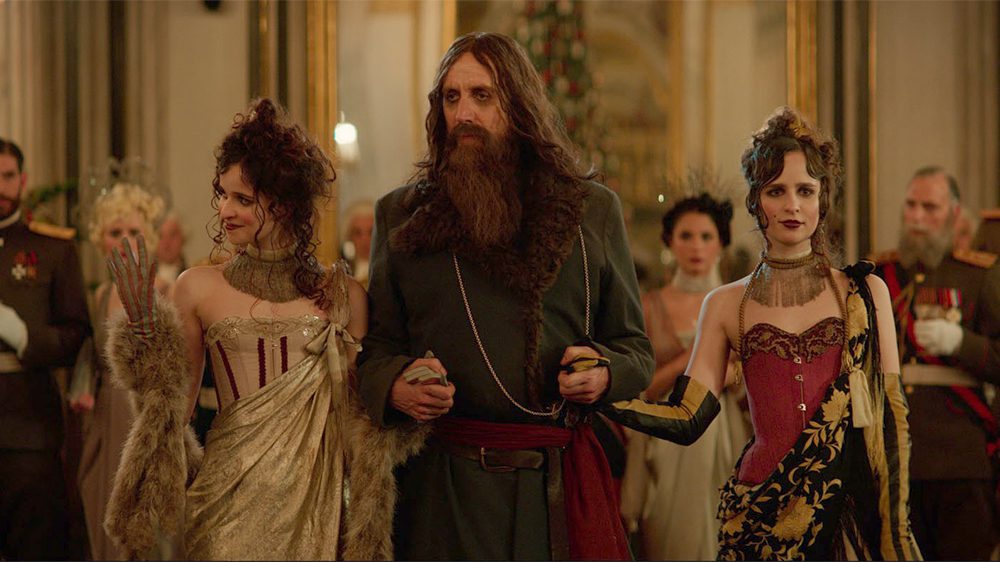The King’s Man
20th Century Studios
Directed by: Matthew Vaughn
Written by: Karl Gadujsek and Matthew Vaughn
Starring: Ralph Fiennes, Djimon Honsou, Gemma Arterton, Rhys Ifans, Matthew Goode, Tom Hollander, Harris Dickinson, Daniel Brühl, Charles Dance, and Tom Hollander
The Kingsman films have historically balanced out their R-rated humor and violence with a sense of zaniness. One of the premiere examples is of the famous “church scene” in the first Kingsman. It’s a dizzying sequence where people are shot, stabbed, bent, and broken in ways that would normally be shockingly brutal, but it’s offset by a goofy tone and the music of Lynyrd Skynyrd. This tone led to the first two film’s successful box office runs, so it’s surprising that The King’s Man takes a different tone. Set during the advent of World War I, The King’s Man takes a more serious tone compared to its predecessors.
Sure, the film still has the humor, over-the-top action sequences, and outlandish plotlines that the series is already known for. This one’s plotline is especially pulpy, one involving a murderer’s row of nefarious historical figures like Grigori Rasputin (Rhys Ifans, in a delightfully evil performance) and Mata Hari (Valerie Pachner) manipulating the course of World War I. It’s here that the film feels the most like a Kingsman film.
And it’s here where, like the previous Kingsman films, a posh English actor acts as our guide into this world of intrigue. Ralph Fiennes stars as Orlando, the Duke of Oxford and the founder of the Kingsman organization. The film needed an actor of Fiennes’ caliber to navigate not only the film’s shifting dramatic and comedic tones, but one who could also look convincing during the film’s many action sequences. Fiennes’ Orlando is ably assisted by his two servants, Polly (Gemma Arterton) and Shola (Djimon Hounsou), who have an entertaining rapport with their master.
But when the film switches its focus to the trenches of the Great War, it starts to feel more like 1917. While the contrast between acts is stark, these sequences mostly worked. The war is treated with appropriate gravitas, but it never becomes so dark as to be oppressive or maudlin. It is during this segment that the film’s best sequence, a nighttime battle in No Man’s Land, takes place.
It’s only in the third act that the film’s flaws begin to manifest. When the film reaches the third act and attempts to act more like a Kingsman film, it creates a tone shift that’s slightly jarring. One character mourns the death of a loved one, but is soon told that they must stop “wallowing in self-pity” and get back into action. It’s only one moment, but is so callous in context that it borders on cruel.
The climactic action sequence is enthrallingly filmed and choreographed, and once again captures the feeling that made the first Kingsman film so entertaining, and would normally serve as a satisfactory climax to an action film. But this is all undermined by the subsequent mid-credits sequence, which made me groan out loud. While not enough to undermine my overall opinion of the film, it was enough to make me view future installments with skepticism.
Overall, The King’s Man is a movie that works as a piece of slick and well-polished filmmaking. But like the previous Kingsman film, The Golden Circle, it lacks the satisfying emotional core of the first one. Without an arc to follow like The Secret Service, where we saw a young delinquent transform into a super spy, the film becomes less compelling as a result.
As an installment of the Kingsman franchise, it won’t do much to win over those not already swayed. But for folks who are already fans, it should be everything they crave for in a Kingsman film.

